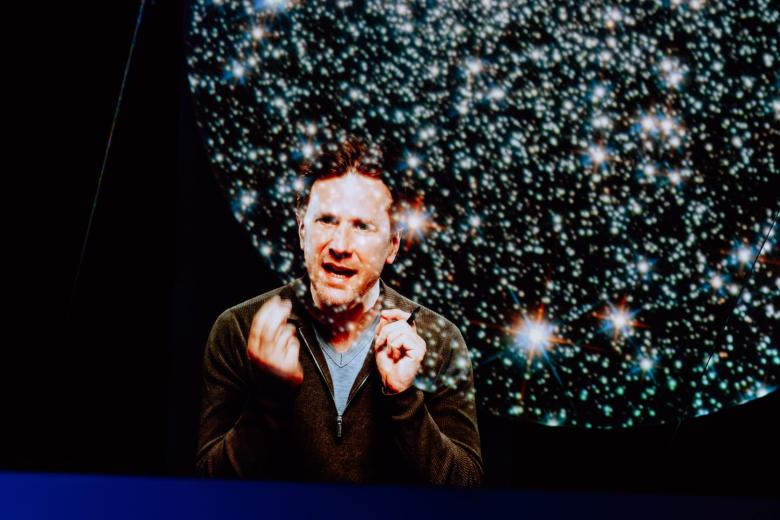AW Heringa on Human Rights Day
The Universal Declaration of Human Rights was officially signed on 10 December 1948. This declaration was adopted to protect the fundamental rights of people around the world. To commemorate this, we celebrate Human Rights Day every year on 10 December. But what exactly are we commemorating? We asked Aalt-Willem Heringa, Professor of (Comparative) Constitutional and Administrative Law, to explain.
'The question we should be asking,’ says Heringa, ‘is how much has really changed? The very concept of universality that inspired this declaration in 1948 is being contested in terms of equality, freedom of expression, and freedom of religion. But we have to commemorate it nonetheless. Despite the many problems, there have also been plenty of solutions over the years. Huge strides have been taken since the declaration was ratified: the International Criminal Court was established and various conflicts were resolved, such as those in former Yugoslavia, Northern Ireland and, more recently, Colombia. The people still bear the scars of these conflicts, but at least the fighting has stopped.'
Eleanor Roosevelt
The declaration was drafted under the auspices of First Lady Eleanor Roosevelt, who called for a non-binding text that would encourage countries to sign. All 192 members of the United Nations (UN) have signed the declaration, which has been translated into more than five hundred languages. 'When we signed the declaration, we didn’t think anything was wrong with our country. As it turns out, there were indeed some issues to address. Life imprisonment for the insane and gender discrimination are just two examples. For a long time, women who were not the breadwinners of the family were not entitled to benefits and widowers were not entitled to a widower's pension after the death of their partner. Gender discrimination was present in all of our laws... so our country was far from perfect. Of course, it could always be worse. '
The role of the UN
'Say what you want about the UN – it doesn't function properly, the Security Council isn't doing its job, the right of veto doesn't work, it's overly political – but it's still a system that protects our basic human rights. Several advisers have achieved great success and have addressed gross violations and disappearances. We'd all be much worse off without the UN.'
Cynic
What really concerns Heringa is the scale of today's conflicts. 'It's enough to turn you into a cynic, especially if you look at huge parts of the world like the Middle East, the Arab countries, Africa, and the influx of refugees. Not to mention Syria, which is a huge and seemingly endless conflict that has led to the suffering of millions. The conflicts and bombings never stop, which means citizens are being cut off from both food and healthcare. As if international conventions weren’t in place. As if UN inspectors, Red Cross conventions and war treaties weren’t in place. And then there's the constant influx of refugees. Refugees have always been around, but the biggest influx used to involve economic migrants. Some population groups were migrants by nature, trekking here and there to work in the mines. The current migration also has an economic aspect to it, but the refugees from Syria, for example, are trying to get out of a terrible situation and avoid persecution.'
On a day like Human Rights Day, Heringa thinks we should stop and ask ourselves why better arrangements aren't in place. 'We can send rockets to Mars, but we can't think of a better solution to our problems?'
Also read
-
In Kerkrade, you can listen to the invisible universe
UM and Discovery Museum in Kerkrade make the Einstein Telescope understandable for everyone.

-
Maastricht University ranked #3 worldwide and #1 in Europe in 2025 Better World MBA Ranking
We are incredibly proud to share that the MBA programmes of Maastricht University School of Business and Economics’ executive branches, MSM and UMIO, have once again been recognised among the very best sustainable business MBA programmes worldwide. In the 2025 Better World MBA Ranking by Corporate...

-
